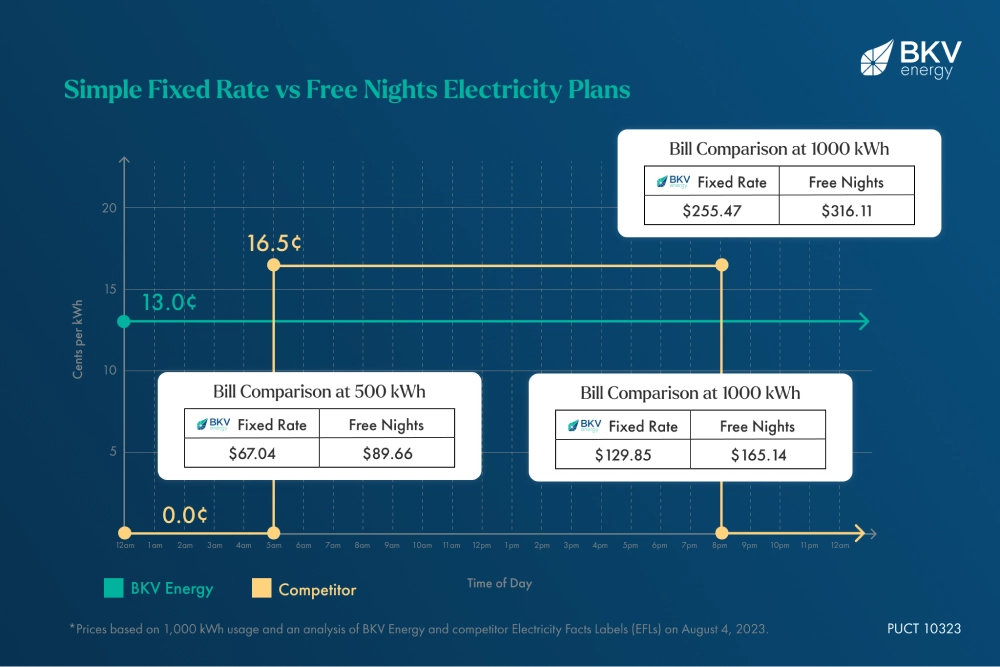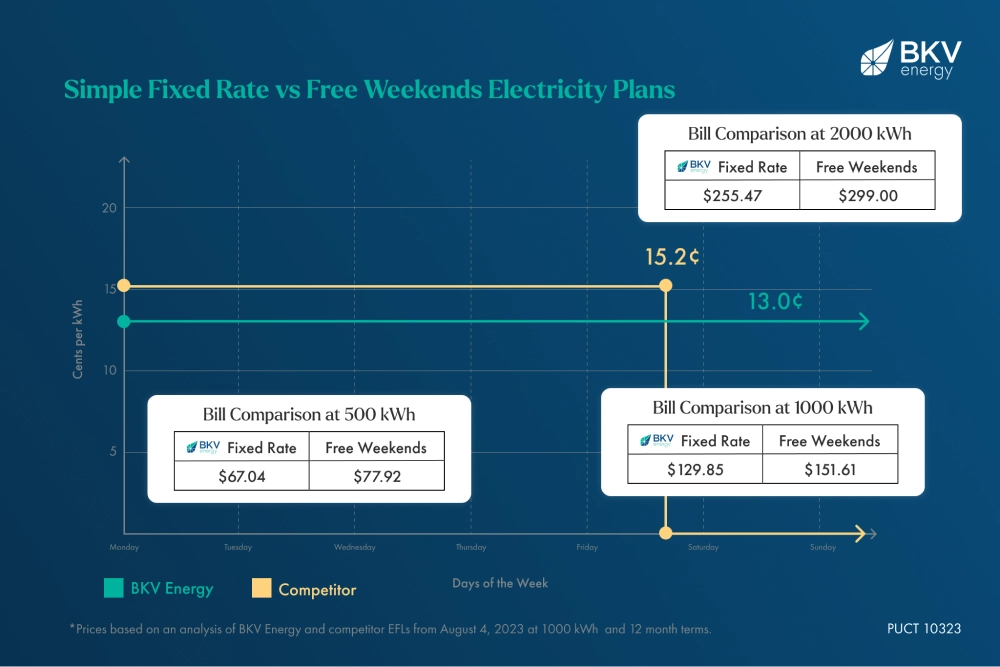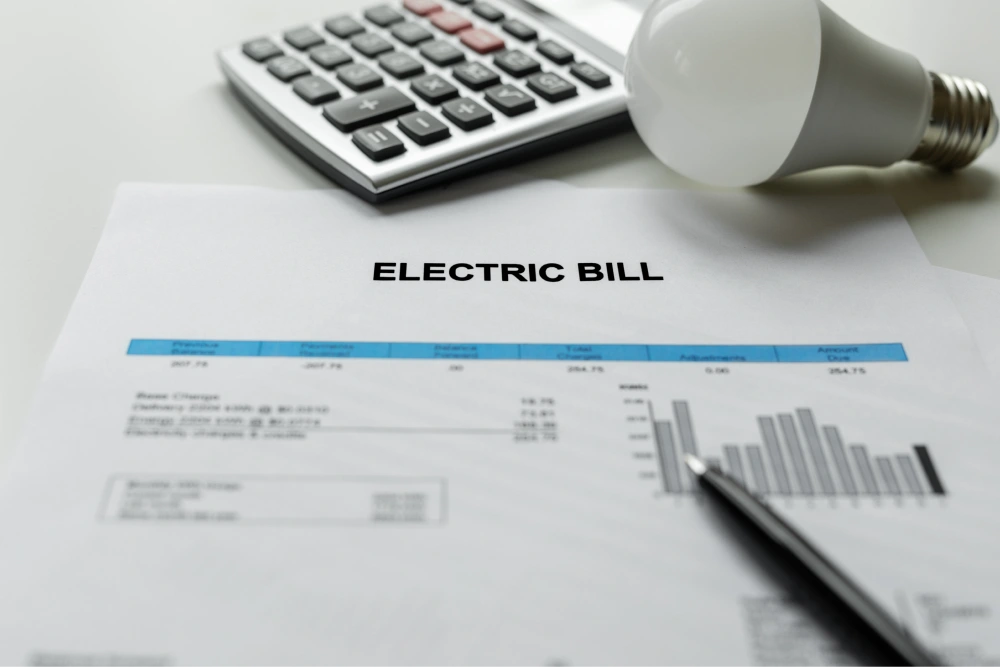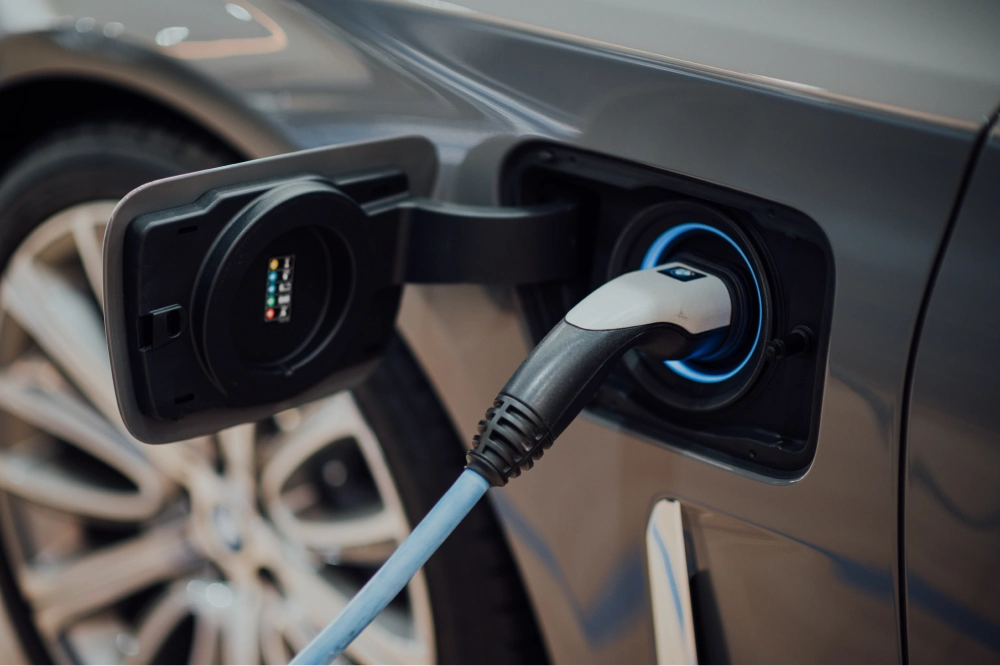Pros and Cons of Free Nights and Weekends Electricity Plans
3 minute readAre Free Nights and Weekends worth it? In this article we examine a couple of the most popular energy plans
Home > Learning Center > How the Energy Industry Works > Are Free Nights and Weekends Energy Plans Worth It?
8 minute read • Last update January 2025

For the large majority of customers in Texas, we do not recommend signing up for a free nights and weekends electricity plan. You are likely to save more money on your electricity bill if you enroll in a simple fixed rate plan instead.
If you’ve ever been enticed by an electricity plan offering free nights and/or free weekends, you’re not alone. It’s easy to find yourself wondering if the plan is too good to be true. These plans can be both intriguing and confusing, leaving potential customers like you scratching their heads as they try to determine whether free nights or free weekends electricity plans can actually lead to savings on your monthly energy bills.
Free nights and weekends electricity plans are not designed to help you save money. They are marketing strategies designed to draw in more customers. Due to higher rates during non-free hours, these plans often to lead to higher bills.
Are they really worth it? Likely not. While these plans claim to offer savings if you consume more electricity during the evening and less during the day, it’s very difficult to realize those savings. With free weekends electricity plans becoming more popular, it’s important to know exactly how these plans working before enrolling.

Compared to a simple fixed-rate electricity plan, these plans typically charge higher kWh rates during the day to compensate the provider for the free electricity offered during nights and weekends. The rationale behind the higher rate for non-free hours is to incentivize customers to shift their usage away from peak hours. But making a significant enough change to your energy consumption, such that you actually end up with a lower electric bill, is not possible for the majority of customers.
You could pay 5 -10 cents more per kWh
While you may enjoy free electricity during designated hours, you could end up paying more than you bargained for during non-free hours. Depending on the plans you’re comparing, the difference in the kWh rates between a free nights and weekends plan and a simple fixed-rate electricity plan may be as much as an additional 5 to 10 cents/kWh.
70% of your electricity usage occurs during the day
It’s estimated that the average home consumes about 70% of their electricity during the day. To make a free nights or free weekends electricity plan worth it, you’d need to potentially move 35-50% of your electricity usage to the free hours. In Texas, that will be nearly impossible. Your air conditioning system consumes a very high amount of energy during the day for over half of the year thanks to our long, hot summers.
To determine if a free nights and weekends plan is suitable for you, it’s important to consider how much electricity you use during the day and if the higher rates during non-free hours would offset any potential savings from the free periods. If you find that your daytime usage is minimal, a free nights and weekends plan could be a viable option for you. However, if your energy consumption is high during the day, you would want to explore alternative plans.
It’s essential to read the Electricity Facts Label (EFL) before enrolling in any electricity plan to understand the plan’s fee structure, policies, and rates. The EFL provides detailed information regarding the fees, policies, and rates associated with an electricity plan. Look out for the following features of a free nights and free weekends EFL:
By examining your past bills and energy consumption habits, you can compare your monthly energy consumption to the information on the EFL and evaluate if the new plan will be cost-effective.
Don’t be swayed by the allure of free electricity without fully understanding the terms and conditions of the plan. By consulting the EFL and assessing your energy usage, you can make a more informed decision about whether a free nights and weekends electricity plan is the right choice for your household.

If you’re not convinced that a free nights and weekends electricity plan is the right choice for you, there are alternative electricity plans available from various electricity companies, such as a simple fixed-rate plan with or without renewable energy sources. You can explore BKV Energy’s simple fixed rate electricity plans by searching your zip code on our website.
Fixed-rate plans offer a consistent price per kWh, providing stability and predictability in energy costs. With fixed-rate plans, fluctuations in energy prices are no longer a cause for concern. However, the primary disadvantage of fixed-rate plans is that you may incur a higher cost for your energy if the market rate falls below the rate you have fixed. To secure a lower rate, regularly check pricing from different providers as kWh rates may change often. At BKV Energy, we update our prices on a daily basis.
For customers who prefer a more stable and predictable energy bill, fixed-rate plans can be a more suitable option compared to free nights and weekends plans.
Fixed-rate plans can also be fueled by renewable energy sources. If you’re looking to reduce your carbon footprint, these renewable energy plans can be a good alternative to free nights and free weekends plans. Pay close attention to how the percentage of energy that comes from renewable energy sources impacts the kWh rate.
By investing in renewable energy options, you are not only contributing to a cleaner environment, but also potentially benefiting from long-term cost savings. It’s essential to consider your energy usage, budget, and environmental impact when choosing an electricity plan that best suits your needs.
Is it possible for anyone to save money with a free nights and weekends electricity plan? That depends. Saving money with free nights and weekends energy plans requires careful evaluation of your energy usage and making adjustments to your consumption habits. By tracking your energy usage over several months and changing your electricity consumption habits and schedule, you can maximize the potential savings offered by these plans.
Look at the last 12 months of your energy consumption (total kWh usage) from your past energy bills. When looking at your total usage, you can calculate what your bill would be on a free nights and weekends plan and if that would be beneficial for your household.
By gaining a better understanding of your energy usage patterns and how they align with the designated free hours of a free nights and weekends plan, you can make an informed decision about whether this type of plan is the right choice for you.
Adjust your electricity consumption habits and schedule to take advantage of the free hours offered by these plans. By avoiding using electricity during peak demand times and shifting your usage to the free times of the plan, you can maximize the potential savings. Additionally, consider using energy-efficient appliances and devices, and taking advantage of natural light and ventilation.
By being mindful of your electricity usage and making adjustments to your consumption habits and schedule, you can make the most of the free hours offered by free nights and weekends electricity plans and potentially save on your energy costs.
Free nights and weekends electricity plans have both pros and cons, which should be considered before enrolling. Let’s take a closer look at the potential savings and higher rates during non-free hours associated with these plans.
On the plus side, free nights and weekends can offer significant savings for households that use them.

Potential savings technically can be achieved if the majority of your energy usage occurs during the free hours. For the rare consumer, free nights and weekends electricity plans can provide a good deal if they are able to shift their energy usage to designated free hours.
However, it’s important to remember that the potential savings of these plans are difficult to realize depending on your electricity usage and the specific plan you choose. Always evaluate your usage patterns and compare different plans to determine the best fit for your household.
While free nights and weekends electricity plans can offer potential savings, they often charge higher rates during non-free hours. These higher rates can negate any savings if you do not manage your energy consumption carefully during the non-free hours. It is advised to consult your electricity provider or review the terms and conditions of your plan to ascertain the elevated rates during non-free hours.
Understanding the rates during non-free hours and being mindful of your electricity usage during these times is crucial in ensuring that you can truly benefit from the potential savings offered by free nights and weekends electricity plans.
Deciding whether to enroll in a free nights and weekends electricity plan depends on your energy usage habits, schedule, and willingness to adjust your consumption patterns to maximize savings. If the majority of your electricity consumption occurs during the designated free hours and you’re willing to adjust your habits to take advantage of these hours, a free nights and weekends plan may be a suitable option for you.
However, if your energy usage is primarily during the day or you are unable or unwilling to adjust your consumption habits, it may be worth exploring alternative electricity plans, such as fixed-rate plans or renewable energy options, to better suit your needs and preferences.
The energy you use at night will actually be free (depending on the terms and conditions in the Electricity Facts Label), but you pay a higher rate during the day which may actually lead to a higher monthly energy bill. No free nights plans are completely free.
This type of time-of-use plan could potentially be worth it for homeowners or renters that can successfully shift a large percentage of their energy consumption to the free hours, but keep in mind, these plans are designed so that is nearly impossible. Energy companies would not offer these plans if it were easy for all customers to make these changes because they would decrease their revenue and profits.
The time that electricity is free depends on the retail energy provider and the specific terms listed in each Electricity Facts Label. Always check the EFL before enrolling in an energy plan.
We recommend looking into a simple fixed-rate electricity plan as an alternative to a free nights or free weekends plan.
Free nights and weekends electricity plans may provide savings if managed carefully, however, higher rates may be charged during non-free hours, which could ultimately result in fewer savings.
Graham Lumley, Digital Marketing Manager at BKV Energy, leads digital and traditional marketing strategies, focusing on educating Texans about the state's deregulated energy market. With over 8 years of marketing experience, he creates content to help consumers understand and save on their energy bills, bringing a fresh and dynamic approach to the industry.

Are Free Nights and Weekends worth it? In this article we examine a couple of the most popular energy plans

EV charging plans? Are they worth it? For most drivers of electric vehicles, we do not recommend enrolling in an
Get $50 off your electric bill!
Use code BKVEJOINUS50
Enter your zip code to shop BKV Energy's affordable, fixed-rate Texas electricity plans. Use the promo code for $50 off your electric bill.